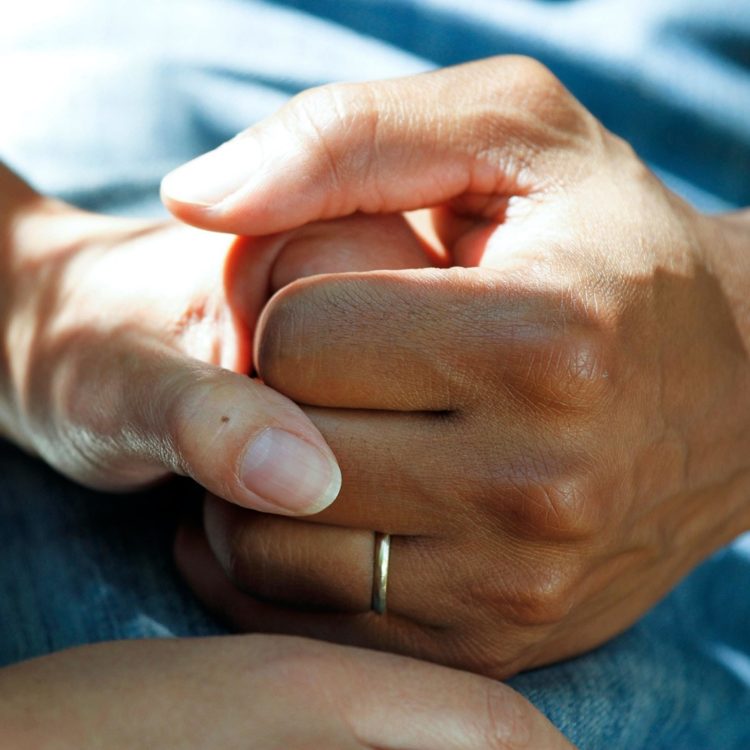Thrombocytopenia (low platelet count)
- Thrombocytopenia is generally defined as a low platelet count.
- Platelets are blood cells that help form clots to stop bleeding and heal injuries.
What are the symptoms of Thrombocytopenia?
Thrombocytopenia signs and symptoms may include:
- Easy or excessive bruising (purpura). Red, brown or purple bruises in color.
- Rashes of small reddish-purple spots (petechiae), usually on the lower extremities.
- Bleeding from your gums or nose
- Blood in urine or stool
- Heavy menstrual bleeding
- Fatigue
- Prolonged bleeding that has not stopped on its own
- Jaundice

Causes of Thrombocytopenia
-
Decreased production in the Bone Marrow which can be due to viral infections, leukemia, certain drugs or treatments, heavy alcohol intake, or deficiencies in vitamin B12, Iron, and Folate.
-
An Enlarged Spleen trapping platelets
-
The Destruction of Platelets which may be due to pregnancy, bacterial infection in the blood, certain medications like antibiotics, autoimmune diseases, and certain conditions such as thrombocytopenic purpura, a condition which forms sudden blood clots throughout the body, and hemolytic uremic syndrome which causes sharp drop in platelet count.
Q & A
A: Because there is a low platelet level, it is harder and takes longer for your blood to clot.
A: These red, brown, or purple small spots are a rash called petechiae and are a sign of blood leaking from the capillaries under the skin and have several causes including disorders, infections, and medications.
A: For similar reasons as to why your bleeding won’t stop as fast, because there is a low platelet level, it is harder and takes longer for your blood to clot and more blood is released or there are heavy periods.
How is Thrombocytopenia Treated?
- Any possible medications and drugs known to be associated with Thrombocytopenia should be paused
- If the drug interferes with platelet function (i.e., aspirin) it should be avoided
- Blood or platelet transfusions
- Surgery to remove the spleen if necessary
- The use of steroids or I.V. immune globulin
Patients are also advised to avoid any activities that have a high risk to cause bleeding or bruising.
Contact our office today if you believe you may be at risk and/or are experiencing some of the symptoms listed above. Our team of doctors will determine the course of treatment that is best suited for you.


